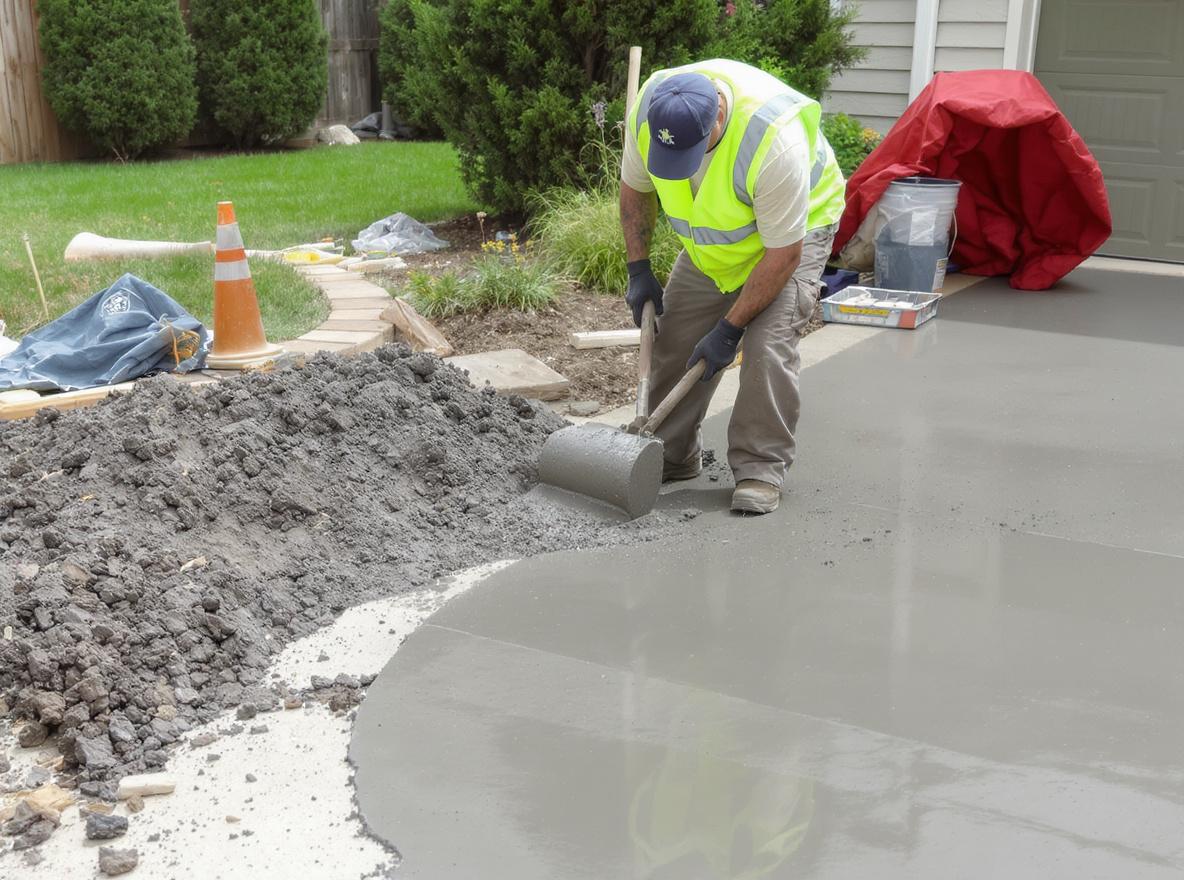Concrete jobs offer stability and growth opportunities in the United States. A crucial component of construction and infrastructure, these roles are vital in building our cities and communities. Discover the opportunities and benefits of a career in the concrete industry today.

Understanding Concrete Jobs
Concrete jobs encompass a variety of roles focused on building, installing, and repairing concrete structures. These can include positions like concrete finishers, laborers, and more specialized roles such as concrete casting technicians. The demand for skilled workers in this sector is growing, driven by ongoing construction projects and urban development. Opportunities in the concrete industry are diverse and offer room for advancement, enabling individuals to grow within the field based on their skills and interests.
Typical Income and Job Growth
The remuneration for concrete jobs varies based on experience, location, and the specific role. Generally, salaries in the concrete industry are competitive, reflecting the skill and effort required. According to the Concrete Worker Salary Guide in the U.S. (2025), experienced concrete workers can expect to earn a substantial income. With the increasing number of construction projects nationwide, job growth in this sector is promising.
Here is a breakdown of typical salary ranges for various roles in the concrete industry:
| Job Role | Average Salary (Annual) | Location |
|---|---|---|
| Concrete Laborer | $30,000 - $45,000 | Houston, TX |
| Concrete Finisher | $40,000 - $60,000 | Los Angeles, CA |
| Concrete Foreman | $60,000 - $80,000 | Chicago, IL |
| Concrete Plant Manager | $70,000 - $90,000 | Miami, FL |
| Concrete Inspector | $50,000 - $70,000 | New York, NY |
For more detailed salary information, you can visit this source.
Applying for Concrete Jobs
Entering the concrete industry generally requires familiarity with construction work and physical stamina. For roles such as a concrete laborer, prior experience in construction can be beneficial but not always necessary. To advance to positions like concrete finisher, formal training or on-the-job experience is often required. This resource provides guidance on becoming a concrete laborer.
Understanding the specific requirements and educational opportunities can help you secure a role in this field. For positions like concrete finisher, job duties and training needs can be found here. Additionally, information on duties, salary, and training for concrete finishers is available at this link.
Conclusion
Concrete jobs in the U.S. offer a wealth of opportunities for those interested in construction and infrastructure. With competitive salaries, job stability, and the potential for career growth, the concrete industry is an excellent choice for individuals seeking a fulfilling career path. Whether you're beginning as a laborer or aspiring to manage construction projects, the concrete sector has a role suited for your skills and interests. Consider exploring this dynamic field to build not only structures but also a robust career.




